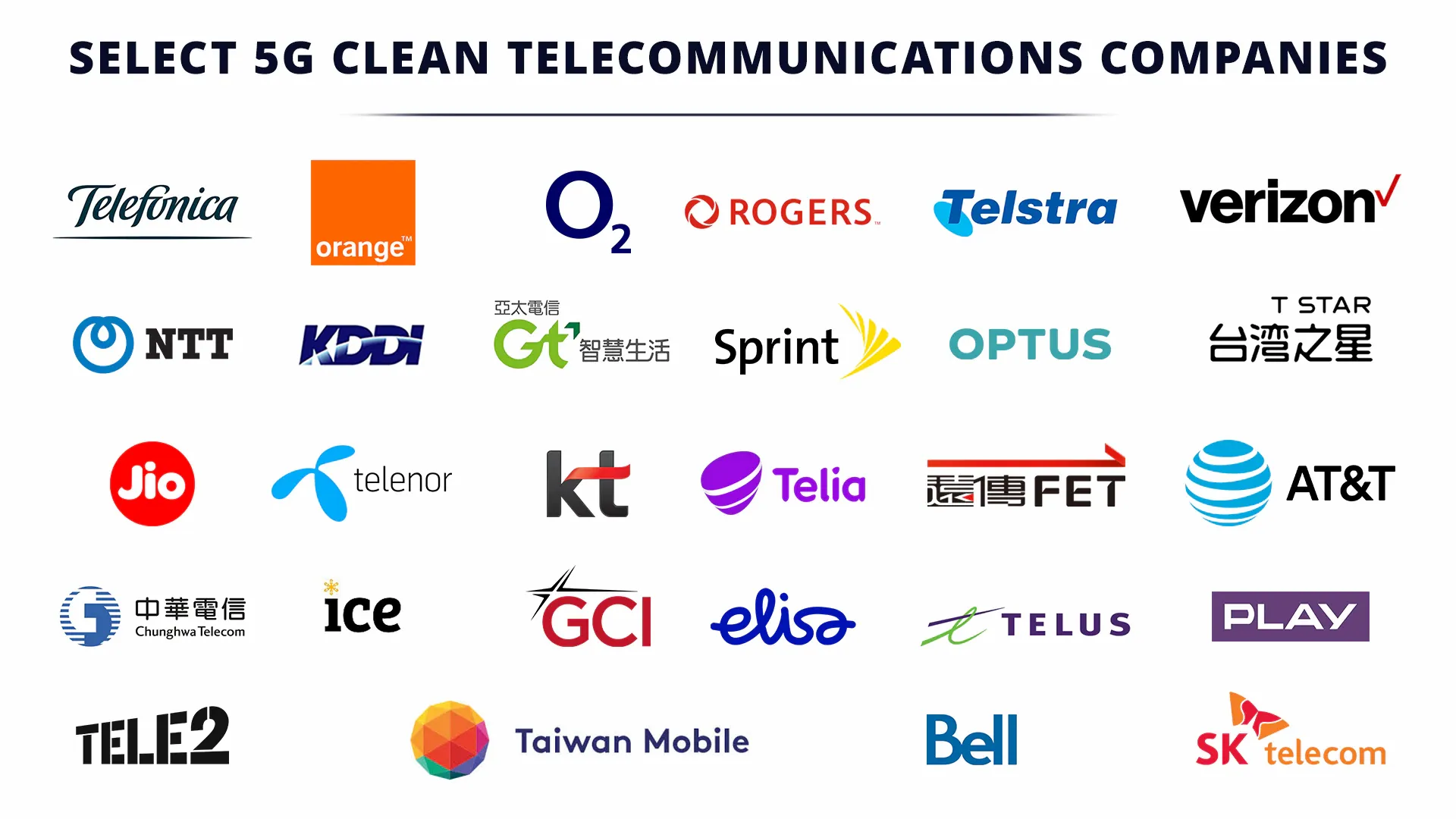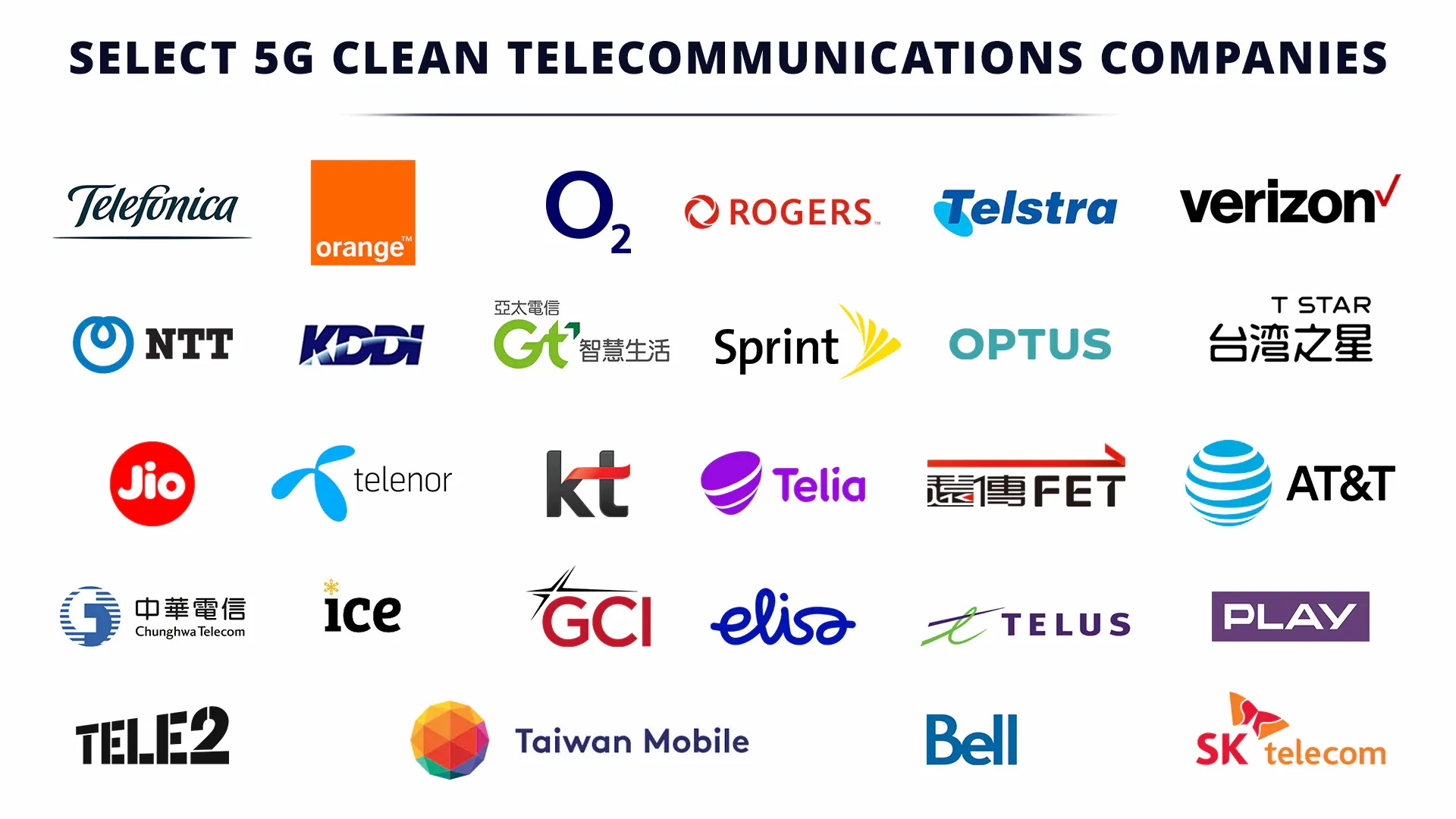This issue covers the period between August 2 - August 9, 2020 with six news stories – three from English language sources, three from Chinese language sources. I intentionally did not include any item directly related to the EOs on TikTok and WeChat. Until more details emerge from the Commerce Department, wait and see is the most prudent approach. Disclaimer: all translated article titles are done by me, not official translations from the media outlets.
“Russia Continues Interfering in Election to Try to Help Trump, U.S. Intelligence Says” (English Source: New York Times)
My Thoughts: The headlines generated by the statement by William R. Evanina, the director of the National Counterintelligence and Security Center, is that Russia prefers Trump, while China and Iran prefers Biden, and all three countries have been doing some level of election interference. Two important nuances from this NYT article are worth highlighting: 1. China’s election interfering sophistication lags behind Russia’s but is growing. An unnamed American official quoted in the piece captured this dynamic rather well. Russia is like a tornado where the threat is more immediate. China is more like climate change where the threat is more long-term but no less grave or concerning. I shared similar sentiments in my article last week on a regulatory framework around TikTok and other apps in the context of foreign influence. 2. China’s election interference focuses more on state and local level elections, not national ones. This observation directly impacts the possible ban on WeChat, which has limited traction in America as a whole but extremely sticky within the Chinese American community. We have already seen WeChat as a primary tool for organizing advocacy activities to oppose affirmative action policies. A few concentrated but well-organized Chinese American local groups can very well swing the outcome of a mayoral, state legislative, and even congressional race.
“Announcing the Expansion of the Clean Network to Safeguard America’s Assets” (English Source: US State Department)
My Thoughts: This so-called “Clean Network” expansion sounds more like a proclamation than a real plan. Like David Pierce of Protocol aptly caveated, this announcement could just be the latest of a long string of examples of the Trump administration “saying things without doing anything”. Even if we take this announcement both seriously and literally, implementing the five components have huge differences in terms of practicality. In my current view, the "Clean Carrier" and "Clean Store" components are the most doable. Carriers are typically either government-controlled or highly-regulated, thus compelling them to not use a vendor for national security concerns is straightforward. (We saw this in the UK’s recent total ban of Huawei, after initially allowing it to build the “non-core” part of its 5G network.) The “Clean Store” part is enabled by the reality that the smartphone operating system ecosystem is essentially a duopoly between Apple and Google. Both companies have followed local laws to ban apps, most recently in India, but most frequently in China. If the American government decides to do the same, it’s all quite doable. Lastly, Pompeo’s announcement mentioned that “more than thirty countries and territories are now Clean Countries” but did not say who. We are left to deduce who they are from this list of “Clean Telcos”, which would appear to include: Canada, France, India, South Korea, Japan, and Taiwan.

“TikTok’s Next Political Fight: Setting Up Shop in London” (English Source: The Information)
My Thoughts: All the recent news around TikTok’s fate in America can get pretty overwhelming, so much so that we forget about other countries. ByteDance is a global company. TikTok is a global product. Thus, its expansion (and related resistance) will continue to be a global phenomenon. TikTok’s ability to set up headquarters in London is one of those threads worth watching. It could also help us understand the UK’s role in all this. Currently, the potential forced-sale of TikTok to Microsoft would include its business in the U.S., Canada, Australia, and New Zealand; the UK is the missing eye of the Five Eyes.
“Impact of TikTok incident expands: Zoom officially stops selling product directly in China” (Chinese Source: AI Frontier)
My thoughts: Didn’t I say TikTok news can get overwhelming? As it turns out, so overwhelming that Zoom decides to further sever its business operations in Mainland China. Zoom will stop all direct sales activities, including upgrades, and only work with distribution partners going forward, in order to further “un-China” itself. This news was widely shared in China, but made few headlines in western media. From a business competitive standpoint, this “soft exit” should give a big boost to Alibaba’s DingTalk and other cloud-based videoconferencing products made by Chinese tech giants. We may also see new startups form in this product vertical, quite possibly by ex-Zoom engineers. After all, the Zoom we’ve all come to love and hate is built mostly by engineers in China.
“The Shandong man who turn things around in the White House” (Chinese Source: Planet Business Forum)
My thoughts: Speaking of Zoom, this piece also made the rounds last week -- a commentary of Zoom CEO Eric Yuan’s political and relationship savviness that has allowed Zoom to avoid the danger of getting banned, like TikTok. After a fairly superficial “analysis” of Zoom’s lobbying power in DC, with HR McMaster (Trump’s first national security advisor) on its board and various long-time Republican lobbyist at its service, the author basically concluded that Zoom could pull this off, because Yuan was born and raised in Tai-an. This city of roughly 5 million people in the province of Shandong, a moderately-sized city by China standards, is known for having people, who are born savvy about human relationships and political systems. The author also shared some “wise” advice for Zhang Yiming, the CEO of ByteDance, to learn Yuan’s way before it’s too late. Zhang, who was born and raised in Longyan, Fujian, “obviously” did not have Yuan’s “genes” when it comes to human relationships. Is hometown really destiny?
“Huawei Kirin chip won’t be manufactured after September 15; Will become a legacy ‘masterpiece’” (Chinese Source: Tencent Tech News)
My thoughts: It looks official that Huawei will run out of its in-house designed Kirin chips for its smartphones later this year. This article lamented the end of Kirin as a true technical “masterpiece”. Whether you think the “masterpiece” label is appropriate or overdone, the Kirin chip is technically at least just as good, if not somewhat better, than both Qualcomm and Samsung in the Android ecosystem based on various benchmarks. (Comparing it to Apple-designed chips for iOS would not be a fair apples-to-apples comparison, no pun intended.) More importantly, Richard Yu admitted that China’s largest domestic chip foundry, SMIC, is incapable of manufacturing Kirin, Thus, Huawei will either have to buy chips from competitors or make less competitive phones, until either the sanctions are (one day) lifted or SMIC (some day) catches up.
If you like what you've read, please SUBSCRIBE to the Interconnected email list. To read previous posts, please check out the Popular Topics section and the Interconnected Weekly archive. New content will be delivered to your inbox (twice per week). Follow and interact with me on: Twitter, LinkedIn.
本期《每周互联》总结概括的时间段是:2020年8月2至9日,包括本作者挑选的六条新闻:三条原文是英文,三条原文是中文。我有意没有包括任何与TikTok和微信的EO有直接关系的文章。在商务部公布具体细节之前,观望是最稳重的做法。声明:所有翻译的文章标题都是我做的翻译,不是官方翻译。
“美国情报组织称,俄罗斯继续在干预大选,试图帮助特朗普”(英文来源: 纽约时报)
我的想法: 美国国家反情报与安全中心主任 William R.Evanina 上周的声明所产生的头条基本是:俄罗斯更喜欢特朗普,而中国和伊朗更喜欢拜登,这三个国家都在针对美国大选进行某种程度干预活动。纽约时报的这篇文章有两个重要的细节值得强调:1. 中国“干扰选举”的能力和手法目前后于俄罗斯,但正在进步。文章里引用的一位匿名美国官员的话,很好地捕捉了这个细节。俄罗斯就像龙卷风,威胁更短期更直接。中国更像是气候变化,威胁更长期,但同样严峻,令人担忧。我上周写的长篇文章中也表达了类似观点,文章是关于怎样搭建一个监管框架来降低TikTok和其他app成为外界势力干涉工具的可能。2. 中国的选举干预活动更集中在州政府和地方一级的选举,不是全国性的选举。这一观察直接关系到对微信的禁令。微信在美国整体虽然用户数量有限,但在华人群体内用的很深很广,也已经看到有反对平权政策组织用微信做为组织和宣传倡议的主要工具。人数虽少但集中同时组织良好的华裔团体可以很有效的影响一个市长、州立法席位甚至众议员代表竞选的结果。
“官宣:扩大清洁网络,以保护美国的资产’”(英文来源: 美国国务院)
我的想法:美国国务院宣布的所谓“清网”扩张听起来更像是一个宣言,而不是一个真正的计划。就像Protocol记者 David Pierce 恰当地评论所说,这一声明可能只是特朗普政府“光说不做“的一长串例子中的最新一个。即使我们认真地对待这一声明,具体落实 “清网”的五个部分的可能性存在巨大差异。在我目前看来,“Clean Carrier”和“Clean Store”是相对来讲最可行的。Carrier(既电信服务)通常要么是政府控制的,要么是被高度监管的,因此迫使它们出于国家安全考虑而不用某些供应商的产品还是件比较直接简单的事情。(在英国最近对华为的全面禁令中就看到了这一点,虽然此前允许了华为建立英国5G网络的“非核心”部分。)智能手机操作系统的生态本质上是苹果和谷歌两家巨头的天下,这一点使“Clean Store”的落实也比较直接。这两家公司都有为遵循当地法律而下架app的先例,最近是在印度,最频繁是在中国。如果美国政府立法去下架中国的app,都是可行的。最后值得一提的是,Pompeo 的声明中提到“30多个国家和地区现在是‘清网’国家”,但没有说明是谁。我们只能从这份“‘清网’电信公司”名单中推测它们是谁,看似包括:加拿大、法国、印度、韩国、日本和台湾。

“TikTok的下一场政治斗争:在伦敦开店”(英文来源: The Information)
我的想法: 所有最近关于TikTok在美国未来命运的消息让人喘不过气来,以至于都忘记了其他国家。字节是家全球性公司。TikTok是款全球性产品。因此,它的扩张(以及相关的阻力)将继续是一件全球的大事。TikTok在伦敦设立总部一事就是其中一个值得关注的事情。同时也有助于我们了解思考英国在这一切中的角色和作用。目前TikTok可能被迫出售给微软的业务地域包括美国、加拿大、澳大利亚和新西兰;英国是“五大眼睛”中唯一缺席的“眼睛”。
“TikTok事件影响扩大:Zoom官方停止直接向中国出售产品” (中文来源: AI前线)
我的想法: 不是刚说到TikTok的新闻让人喘不过气来吗?看来都让Zoom也喘不过气了。最近Zoom决定进一步切断在中国大陆的业务,停止包括升级在内的所有直销活动,只通过合作伙伴卖产品,以进一步减弱自己的“中国身份”。这一消息在中国被广泛传播,但在西方媒体没上什么头条热搜。从商业竞争的角度来看,这种“软退出”应该会大大推动阿里的钉钉和其他国内巨头类似的视频会议产品。也有可能看到新的创业公司迈进这个产品线,很可能是由前Zoom工程师带头。不管你是喜欢还是讨厌Zoom,这个产品基本就是中国工程师造的。
“在白宫打了个翻身仗的山东人” (中文来源: 星球商业评论)
我的想法: 说到Zoom,这篇文章上周也传的很广,评论Zoom CEO袁征在政治和人际关系方面的精明,从而让Zoom避免了像TikTok一样可能被禁止的危险。作者对Zoom在华府的游说能力做了相当肤浅的“分析”,提到HR McMaster(特朗普的第一任国家安全顾问)参与Zoom的董事会,以及各家有共和党背景的游说团队为其服务。最终的结论则是,Zoom能做到这些是因为袁征是山东泰安人,而从这座人口约500万的城市里出来的人,“天生”就懂得处理人际关系和对体制深入理解的能力。作者还给张一鸣分享了些“明智”的建议,敦促他快点学学袁征的这套“功法”。在福建龙岩市出生长大的张一鸣“自然”没有处理人际关系的“基因”。难道老家决定命运吗?
“华为麒麟芯片9月15日之后无法制造,将成为绝唱” (中文来源: 腾讯科技)
我的想法: 华为在下半年完全用光自己设计的麒麟芯片,看似即将会是现实。本文感叹麒麟芯片的终结将成为“绝唱”。无论您认为“绝唱”这个标签是恰当的还是有点过,麒麟芯片起码在技术上与高通和三星芯片在安卓生态中的性能表现不相上下,在有些基准的跑分还会胜出。(将其与苹果为iOS设计的芯片比较没什么意义,不能相提并论。)更重要的是,余承东承认,中国国内最大的芯片代工厂中芯国际无法生产麒麟,因此,华为今后要么从竞争对手那里购买芯片,要么智能生产性能更差的手机,直到制裁(哪天)取消或中芯国(某天)赶上。
如果您喜欢所读的内容,请用email订阅加入“互联”。要想读以前的文章,请查阅“热门话题”和《每周互联》的档案。每周两次,新的文章将会直接送达您的邮箱。请在Twitter、LinkedIn上给个follow,与我交流互动!
